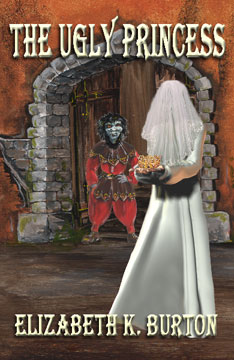 The Ugly Princess
The Ugly Princess
by Elizabeth K. Burton
Published by Zumaya Publications
The only thing wrong with this book is the cover. Blech. (Although the irony is cute.)
But I didn’t beg the author to point me to an e-copy (which she so obligingly sent me in a format I could use, yay customer service!) because or in spite of it. (It’s only currently available in dead-tree version; I expect it’ll show up on Fictionwise soon.)
Here’s the official blurb:
The king is dead, long live the queen!
Well, not if the King of Nadwich and the dead monarch’s three royal ministers have anything to say about it.
It’s up to Sir Christopher Evergild, the Royal Champion, to see that the new queen survives to take her throne—even if she is so ugly she’s been locked away for twenty years with only trolls for company. Chris is prepared to do his duty, even if The Ugly Princess does turn out to be the lunatic she’s always been rumored to be.
What he isn’t ready for is having his entire world turned upside down and inside out—and having to decide between love and the fear that has haunted him most of his life.
This is going to be a short review because, well, I loved everything about it. After speaking with the author, however, I have a feeling she and I share sensibilities in our stories, so take everything I say with that in mind. Or not.
This is a fantasy with sweet romantic elements and I love the sweet stories as much as I love the hawt ones. There is no swearing or sex (oh, maybe a “damn” or “hell” here and there, but I can’t remember). It’s set in the imaginary world of Karlathia, which I envision as a fairy-tale village whose battle technology is a weird mix of firearms and medieval hand-to-hand combat.
It has two narrators (Bertram, the kingdom’s seneschal, and Christopher, its army’s chief general), and is split into first and third person, which I love. In the almost-omniscient first person, the prose is loose and funny, yet cozy because it breaks the fourth wall, yet is more formal and intense (and removed, natch) in third person. Both suit the respective narrators’ personalities very well.
Descriptions as seen through the seneschal’s first-person point of view were sharp:
He [evil monarch] cut his food into tiny bites, chewing each one thoroughly before swallowing. He did not mix the fare on his plate, finishing one item entirely before proceeding to the next.
Those two brief sentences tell me a whole lot about that character.
Bertram’s overstated understatements and asides make me smile and laugh (in fact, I’d go so far as to say he upstages Christopher, but that is not to the story’s detriment):
Going to the aforementioned clothes press, I discovered my host had an exceedingly eclectic wardrobe–everything from complete Court regalia to a set of rags that seemed held together mostly by optimism.
Demtri [idiot nephew of evil monarch], seemingly oblivious to what was happening, sat on the throne with a large bowl of grapes on his lap, tossing them in the air and attempting to catch them in his mouth. His aim was not particularly commendable.
At this point I struggled not to draw my pistol and punctuate Niklaes’s arrogance with a lead period.
It was a very fun and funny read. Bonus! I learned a new word: eldritch.
Liz, give me your Paypal address because I want to pay you for this.

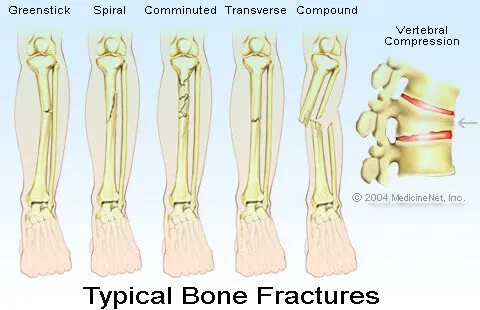 It’s shaping up to be the story of an already fractured marriage that needs the x-ray of aforementioned affair to show it for what it is. It’s not a spiral fracture or a comminuted fracture. It’s not even a clean break. It’s a stress fracture, the kind that gives you twinges of discomfort that you can ignore for a long time until it breaks and you’re like, “I didn’t do anything to it!” But catch it early enough, and all it’ll need to heal is a cast and time and a helluva lot of TLC.
It’s shaping up to be the story of an already fractured marriage that needs the x-ray of aforementioned affair to show it for what it is. It’s not a spiral fracture or a comminuted fracture. It’s not even a clean break. It’s a stress fracture, the kind that gives you twinges of discomfort that you can ignore for a long time until it breaks and you’re like, “I didn’t do anything to it!” But catch it early enough, and all it’ll need to heal is a cast and time and a helluva lot of TLC.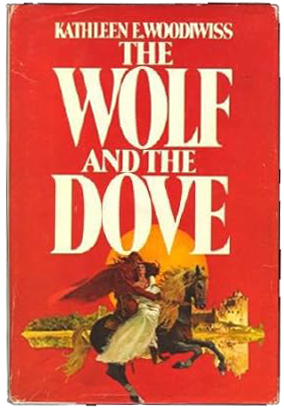
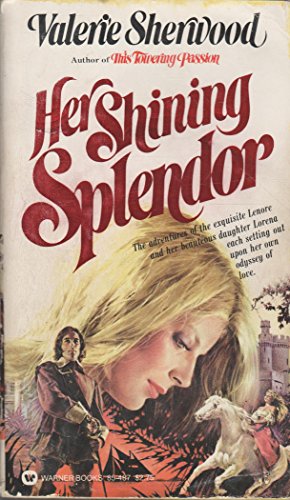
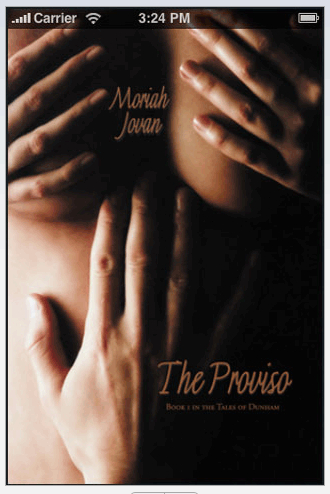
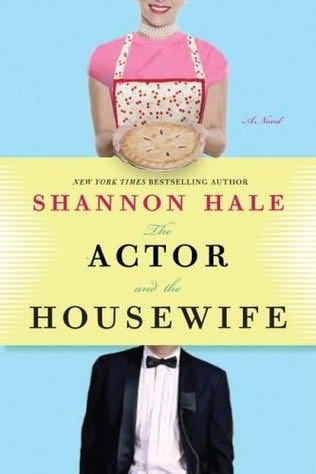 And I’m only 50 pages in.
And I’m only 50 pages in.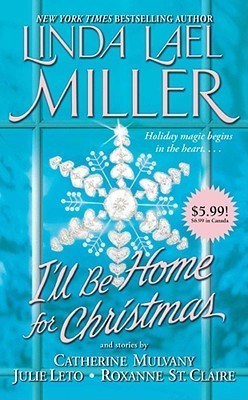
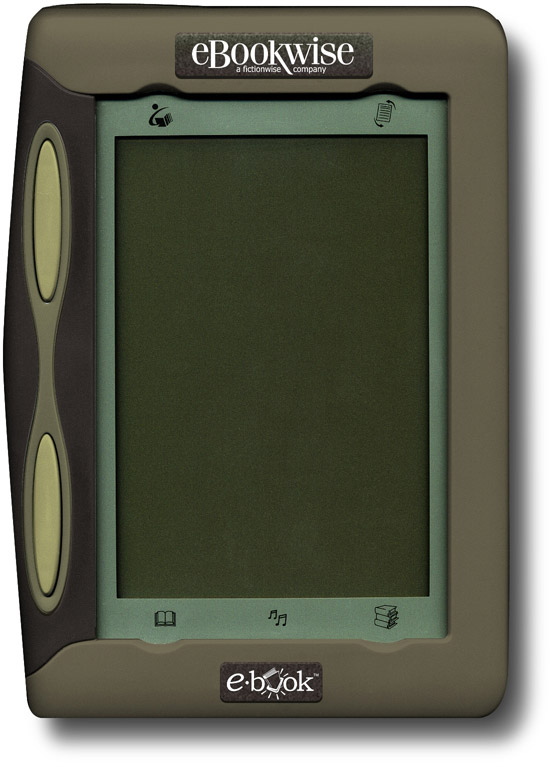
 Today I saw the most brilliant thing I have seen in a week or 2.
Today I saw the most brilliant thing I have seen in a week or 2. Had a very instructive morning, dear boys and girls. The power in my neighborhood went out for a while.
Had a very instructive morning, dear boys and girls. The power in my neighborhood went out for a while. But lately, there’s been a lot of cross- and mis-labeling going on inside genre fiction, leading readers to scratch their heads and wonder, “This isn’t X. Why did they put it on X shelf?”
But lately, there’s been a lot of cross- and mis-labeling going on inside genre fiction, leading readers to scratch their heads and wonder, “This isn’t X. Why did they put it on X shelf?”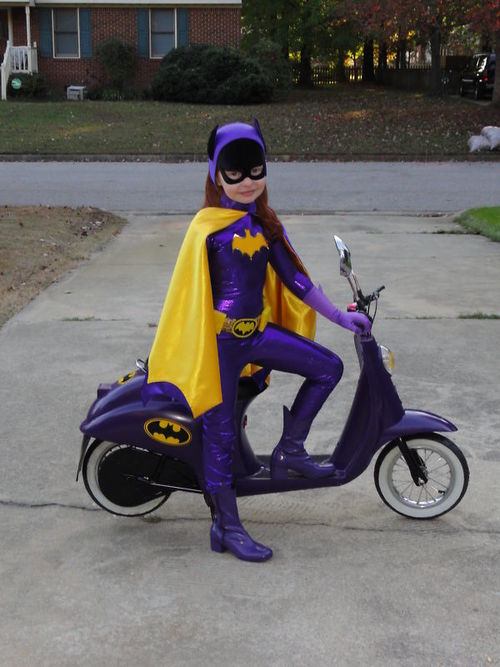 Hey, you know, lemme go back in time to my 7-year-old self and tell Little Miss Batgirl that. (Notwithstanding BatGIRL opens up a whole host of other topics and is problematic in itself.) He further digs his hole:
Hey, you know, lemme go back in time to my 7-year-old self and tell Little Miss Batgirl that. (Notwithstanding BatGIRL opens up a whole host of other topics and is problematic in itself.) He further digs his hole: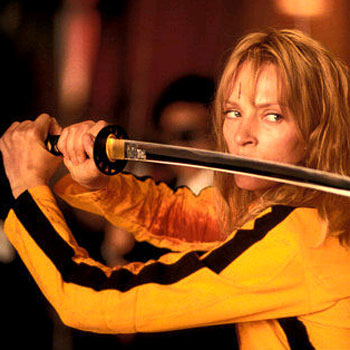 It’s the kick-ass heroine in urban fantasy. They don’t have a Batgirl or Wonder Woman outfit. They don’t have a golden lasso or an invisible plane. Sometimes they don’t come from a mysterious Other World. They have leather. They have a tramp stamp. They have guns or cross bows or daggers or swords or a combination. They prowl the streets looking for wrongs to right and bad guys who need an ass-whoopin’. Yes, yes, I hear Buffy’s name being screamed from the rooftops, but she’s not part of this discussion because …
It’s the kick-ass heroine in urban fantasy. They don’t have a Batgirl or Wonder Woman outfit. They don’t have a golden lasso or an invisible plane. Sometimes they don’t come from a mysterious Other World. They have leather. They have a tramp stamp. They have guns or cross bows or daggers or swords or a combination. They prowl the streets looking for wrongs to right and bad guys who need an ass-whoopin’. Yes, yes, I hear Buffy’s name being screamed from the rooftops, but she’s not part of this discussion because …